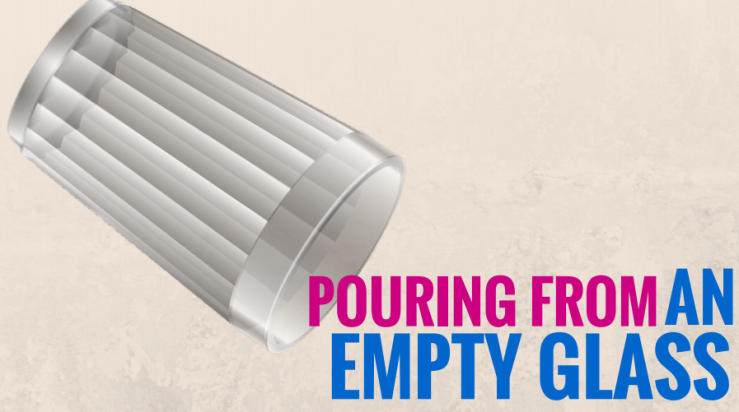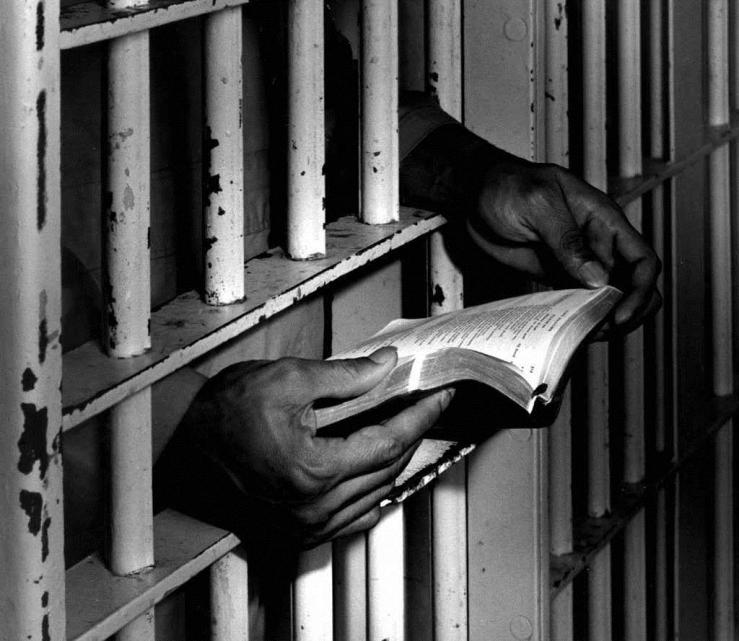“Even youths shall faint and be weary, and young men shall fall exhausted; but they who wait for the Lord shall renew their strength; they shall mount up with wings like eagles; they shall run and not be weary; they shall walk and not faint.”
(Isaiah 40:30-31)
My heart is so heavy tonight.
Somewhere in the world, someone is suffering. It might be two cities over, it might be next door. It may be happening in your head.
All around me, I feel the shockwaves racing from the epicenter of a crumbling world. An earth that groans for reconciliation, a kingdom that has, for so long, run from its king but is desperate for Him. And maybe they don’t even know that he is what they really desire.
I write in flowery, pretentious prose because the groaning is too close to home, and I am tired. On days like today the purpose behind my calling to be minister of the Gospel of Jesus is so very clear, and the need so evident, but even still, so very hard to grasp in my hand.
I feel like an empty glass, striving to continue pouring out, even when nothing is left. If I were smarter, or older and wiser, I might just put the cup back under the faucet and allow myself to be filled again before I try to continue giving. But my go to is always to stress about it and demand answers to questions I’ve not been brave enough to ask.
Seasons of transition and turmoil often feel like seasons of silence, and I’ve not figured out why. To be separate from others is one thing, but to feel like your prayers are going unanswered or that God has left are the most terrifying times one can experience.
To ask God where he’s gone but then remembering: I have pastoral aspirations and responsibilities, I’m not allowed to ask those questions.
But then. Maybe sometimes it takes talking to an impartial audience. Oh, that’s it, I’ll write a blog. I’ll be transparent about my struggles and questions and folks will be sure to solicit some help, or at least someone will congratulate me for being open and honest (because thats the fashionable thing to do), that or it’ll bring out the “I told you so’s” from the atheist crowd.
Maybe writing these thoughts will un-knot my mind long enough to let me hear God speak. Maybe if I quiet myself just enough…
…They who wait upon the Lord shall renew their strength…
Weariness. It’s probably the most poetic word to ascribe to that poured out glass feeling. It’s such a beautiful way to say “beaten down, washed up, beyond tired.”
When I look back on the past ten years of my life, I’m met with a reminder from God. It was always during the times I’d described myself as weary that God spoke most powerfully into my situation. It was always when I was at my wit’s end that he either gave me the answers I so feared or used me, by words and actions, to speak the truth of the Gospel into the lives of others.
Suffering doesn’t always hit you over the head and grind you into the dust. Sometimes it’s that dull ache in your chest that won’t go away. The anticipation that comes from the fear that something bad is about to happen and there’s nothing you can do to stop it.
And then, though we don’t always have the answers to life’s burning questions, we press on. We wait on God to speak or to propel us into the very action that our souls crave without knowing it.
I’ll say from experience that God has used me most effectively when I was in transition. When I stopped moping and accepted that things aren’t always going to be easy or feel good. But God. He saw the needs in my life and in the lives of those around me and he finally spoke. Or maybe I finally listened.
To be filled, we have to put ourselves in a position to receive from God that which restores us and mends our brokenness so that others, seeing the healing of God within us, will be drawn to repentance and salvation and receive what God wants to give them.
At the end of my life, I want to look back and say with resolve that I have poured out all that which was given to me, and to know with confidence that God’s wells never run dry. What you might think is silence could be preparing you for something better.
I preach this not just to you, but to myself. AΩ












